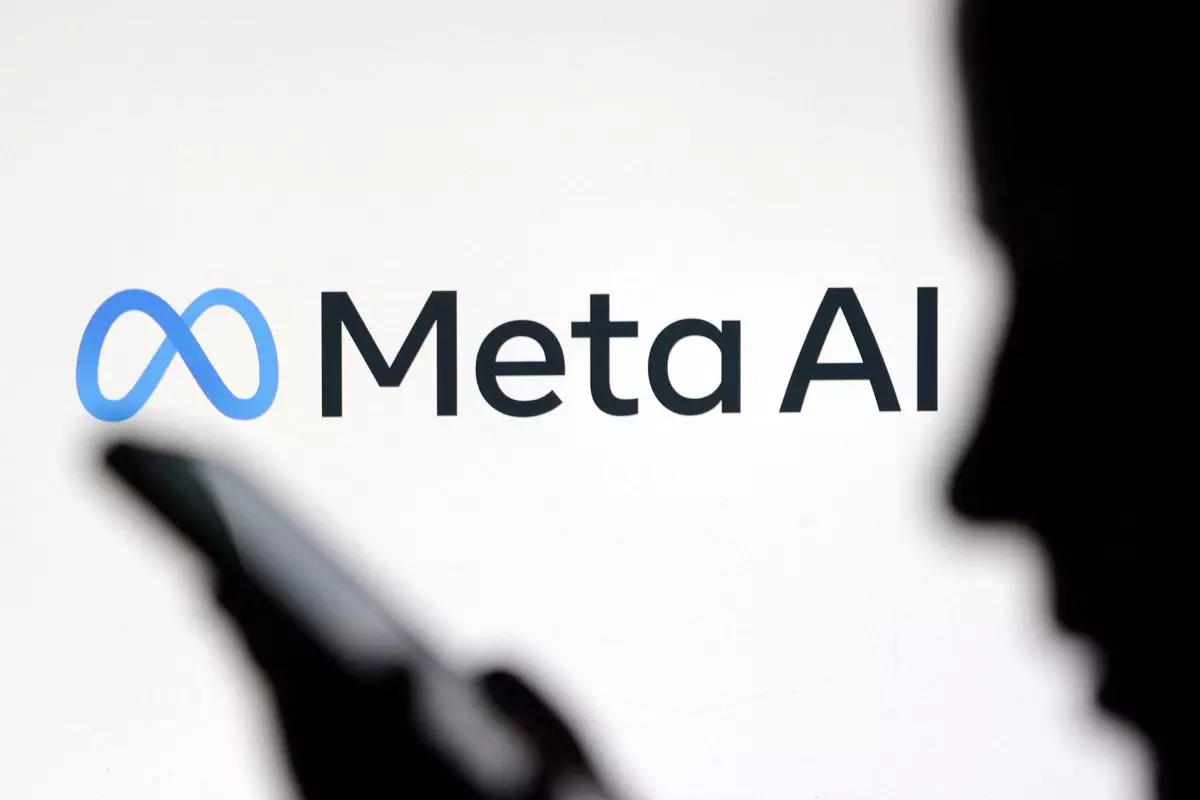On Friday, Meta, the parent company of Facebook, unveiled a series of new artificial intelligence models developed by its research division, with a notable highlight being the introduction of the “Self-Taught Evaluator.” This innovative model marks a significant shift in the AI development landscape, potentially paving the way towards reducing human oversight in the training and assessment of AI systems. Unlike traditional methods that heavily rely on human input, this model leverages an advanced technique called “chain of thought,” previously employed in OpenAI’s latest o1 models. This approach systematically deconstructs complex queries into manageable logical segments, thus enhancing the precision of AI responses in various domains such as mathematics, coding, and scientific inquiries.
The Self-Taught Evaluator has been trained exclusively on AI-generated data, circumventing the necessity for human involvement during this phase of its development. This self-sufficient model can assess the performance of other AI systems effectively, allowing for an intriguing glimpse into a future where AI can learn and grow from its own experiences. According to Meta’s researchers, this development signifies a critical step towards creating autonomous AI agents capable of adapting and refining their capabilities without human intervention. Such agents are envisioned to function as digital tools, adept in handling numerous tasks effectively and efficiently.
A key advantage of the Self-Taught Evaluator lies in its potential to eliminate the conventional and often resource-intensive process known as Reinforcement Learning from Human Feedback (RLHF). This traditional method requires expert human annotators to meticulously label data and ensure the correctness of AI outputs. In contrast, the automation offered by AI evaluators promises to cut down costs and expedite the training processes significantly. Jason Weston, one of the lead researchers, emphasized the importance of developing self-improving models, which he believes will eventually surpass human capabilities in executing certain tasks. He asserts that the superior judgment the AI can cultivate through self-evaluation aligns it closer to achieving a “super-human” level of efficiency.
While Meta takes a front seat in this monumental development, notable entities like Google and Anthropic have similarly explored concepts surrounding Reinforcement Learning from AI Feedback (RLAIF). However, a distinguishing factor remains: while Meta is inclined to share its models with the public for broader use, other companies in the sector have generally opted for limited releases of their findings. This differential approach fosters an intriguing discourse within the AI community regarding accessibility, collaboration, and innovation in AI technologies.
In addition to the Self-Taught Evaluator, Meta’s recent AI rollout has included updates to its image-identification model, the Segment Anything model, alongside tools designed to enhance response generation times in large language models (LLMs). The release has also introduced datasets aimed at facilitating the discovery of new inorganic materials, further illustrating Meta’s commitment to advancing AI technology across various applications. As Meta continues to push the boundaries of AI research, the potential for autonomous learning systems continues to reshape the future landscape of AI development.

